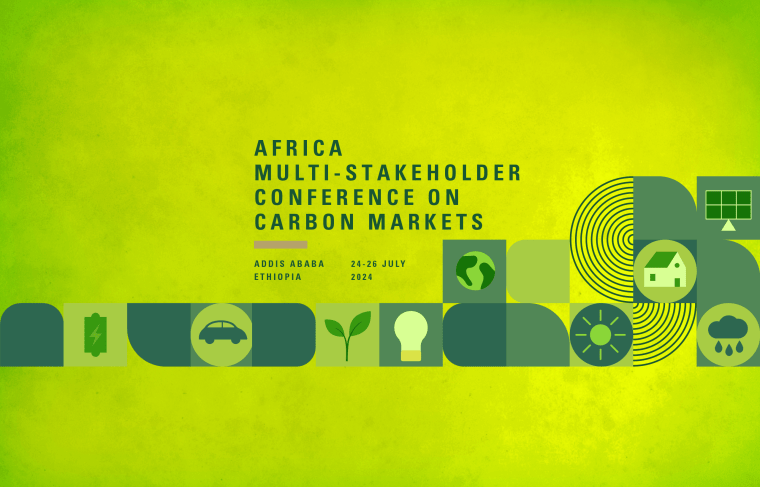Officials of the United Nations (UN and the African Union (AU) have urged Africa to adopt a strategic approach to promoting carbon trading as a quick measure to reduce greenhouse gas emissions and mobilize additional finance for its green economy development.
The officials said this on Wednesday at the Africa Multi-Stakeholder Conference on Carbon Markets at the AU headquarters in Addis Ababa, the capital of Ethiopia.
Harold Saffa, chair of Permanent Representative Council Sub-Committee on Environmental Issues at the AU, said the carbon market presents a potential opportunity for Africa to utilize its abundant natural resources and accelerate sustainable industrialization and economic transformation.
“Africa has vast amounts of carbon stored in its ecosystems with the Congo forests, which is dubbed the world’s ‘second lung’ that is able to absorb about 1.2 billion tonnes of carbon dioxide each year,” said Saffa.
Africa’s significant contribution in offsetting climate change, however, is not reflected proportionally in the global carbon trading and hence the needs to tread carefully with these markets without affecting its resources, he stressed.
Noting that Africa’s position in the carbon market remains relatively understudied, Saffa said carbon markets have often stirred controversy regarding their lack of transparency, credibility, scientific clarity and accuracy linked to carbon offsets and their actual contribution to the fight against climate change.
Harsen Nyambe, director of Sustainable Environment and Blue Economy at the AU Commission, told Xinhua that Africa lacks the capacity to access carbon markets and AU members are not encouraged to participate in carbon trading due to low prices and lack of clear policies.
Noni Mafabune, representative of the United Nations Development Program, said Africa bears a disproportionate burden of climate impacts and therefore climate finance is not merely a means of mitigating greenhouse gas emissions but a crucial enabler of resilient and sustainable development across the continent.
Mafabune said carbon markets present both opportunities and complexities and it is imperative that Africa navigates this landscape with strategic foresight and collaboration.
“The landscape of climate finance in Africa is evolving with a growing recognition of the need to invest in resilient, sustainable, and green development but there is still significant scope to enhance access to climate finance, particularly for vulnerable communities,” Mafabune highlighted.

